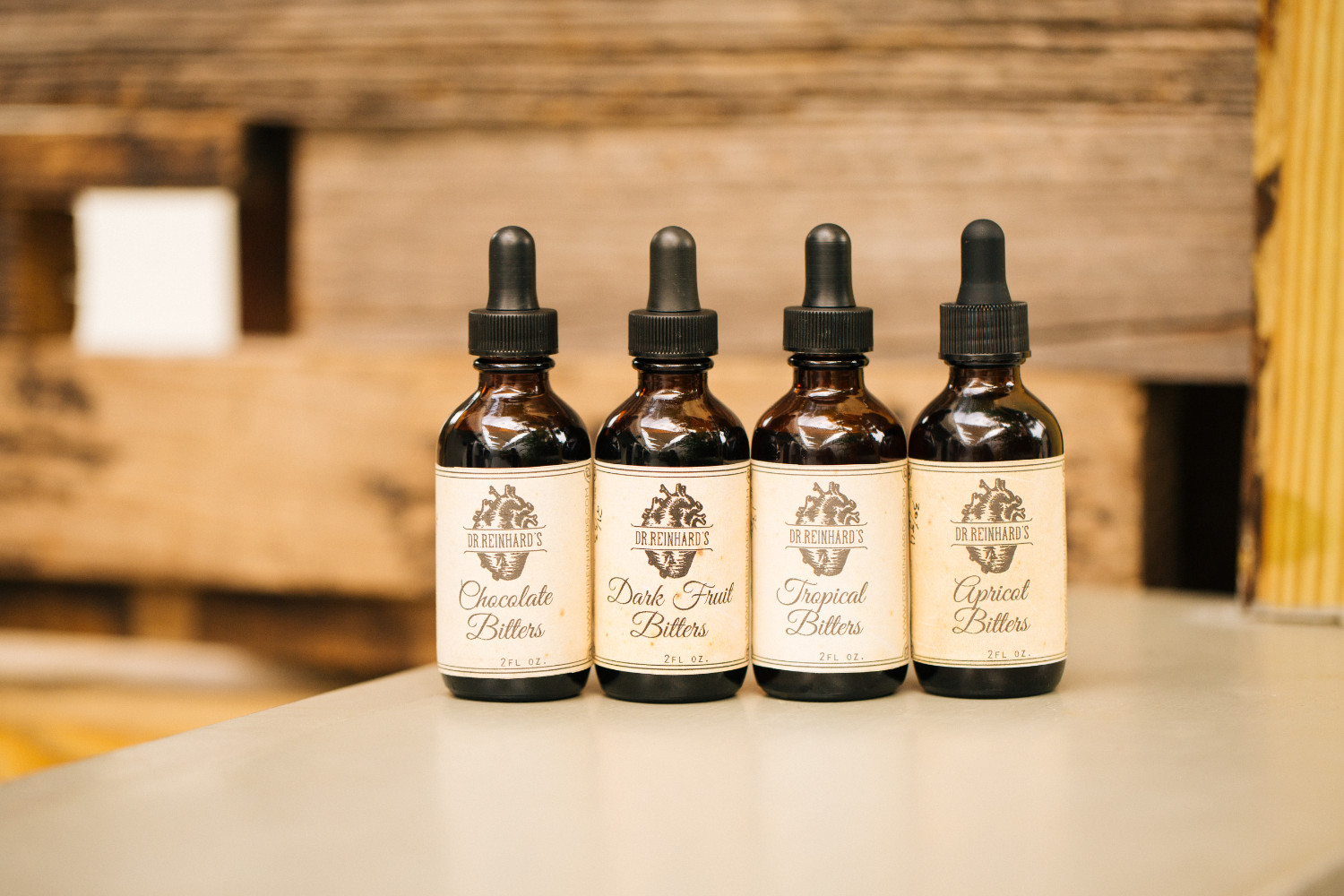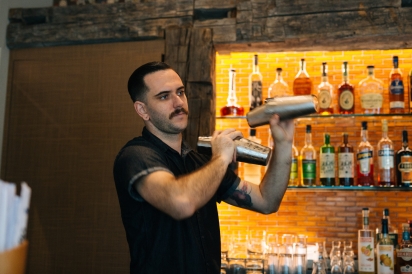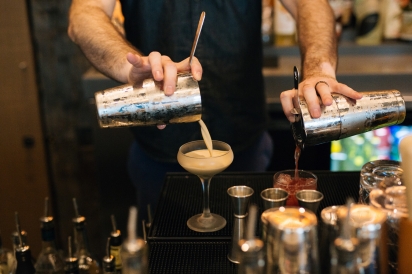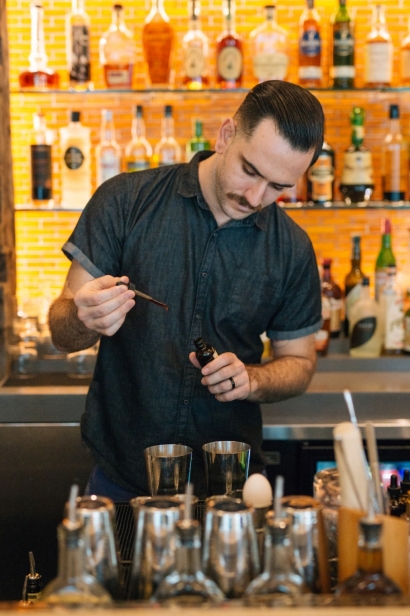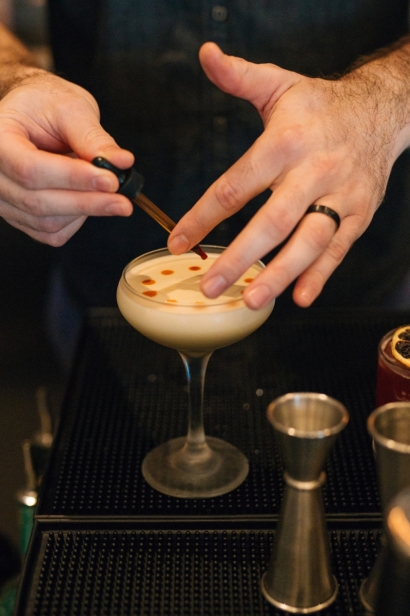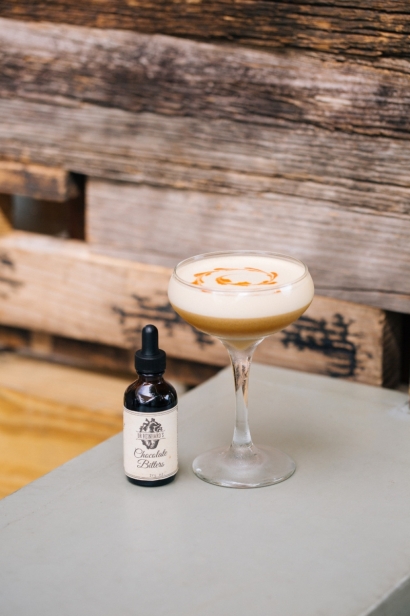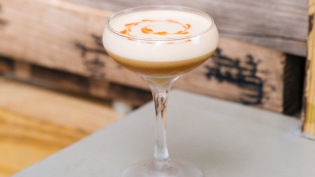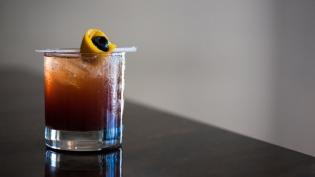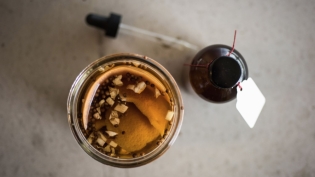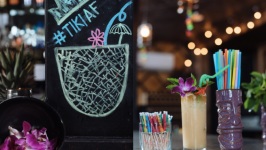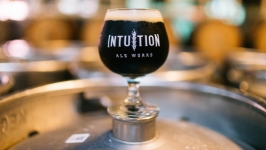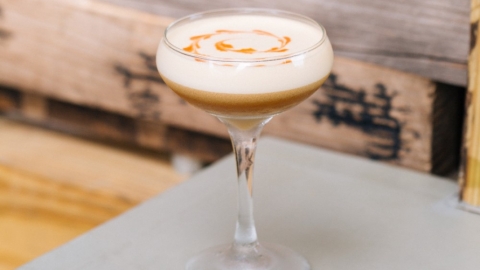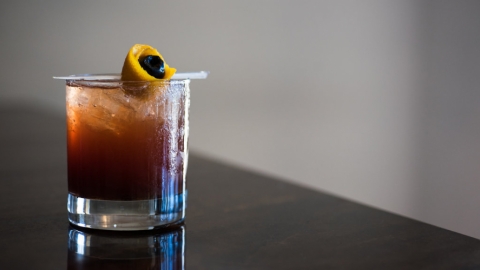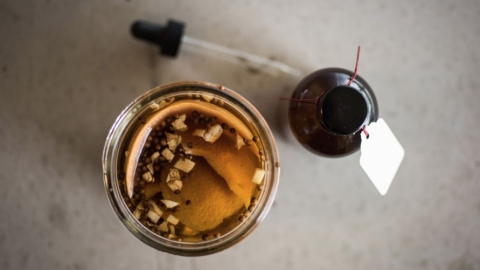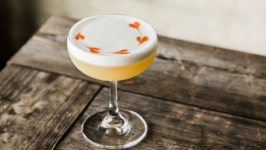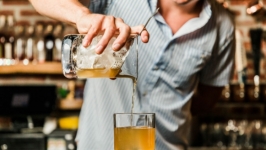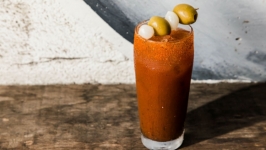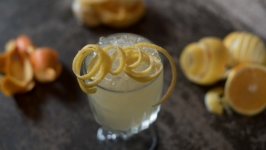Artisan Bitters: Cocktail Alchemy from Bark, Root and Leaf
When a bartender explains a cocktail to a customer, magic elixirs and the crafty ilk who sold them at the turn of the twentieth century are certainly not the first topic of conversation. In fact, there really is no line to draw between today’s talented cocktail crafters and the salespeople of yore, unless the conversation turns to bitters. Any drink slinger worth their weight in rim-salt will have a few good drink recipes that use bitters. Some astute mixologists are even starting to amalgamate their own signature bitters, creating unique flavor profiles that, in turn, help barkeeps stand out from the local pack.
Austin Reinhard of Crane Ramen ruminates on cocktails constantly. So enthralled by flavor profiles, he created his own line of bitters, Dr. Reinhard’s Bitters. Despite his ability to talk about bitters with scientific precision, he shares that “one can think of bitters as the salt and pepper of the cocktail world, spicing drinks up a bit.” This simplified analogy draws the layperson into a rich world of flavor manipulation that dates back centuries and has evolved into the artform taking place today behind well-regarded bars worldwide.
“Bitters help add depth to a drink,” Reinhard explains. “A good bitter is comprised of a main flavor profile, a second spice to provide the middle of the flavor and then comes the bittering agent, normally a bark, root or leaf, which is what gives it that bitter taste.” The components are steeped in a glycol or alcohol base, which draws out the flavors.
“Apothecaries were some of the first folks to start creating bitters as hair tonics and random snake oils pushed for a variety of health issues,” Reinhard says. Chemically many of the roots and leaves used to make bitters do have medicinal applications and often bartenders will be quick to offer up a bitters and water concoction for digestive ailments and hangover cures.
“No one really knows when the word bitters began to be used,” says Michael Buffa, creator of Buffa Bitters. Most research leads back to an agricultural periodical published in Philadelphia in 1806, which many agree is the first use of the word cocktail where the definition included bitters. Other sources tie bitters to ancient tinctures and tonics dating back to the Egyptian empires.
“Some folks use bitters as a palate cleanser,” Buffa says. “Whatever you want to use them for, I use them as inspiration to create new cocktails for people.”
Both Reinhard and Buffa forged into crafting bitters when they were unable to find that right flavor or spice. “I started creating bitters for my own use four years ago and I gave some to my bartender friends for feedback,” says Buffa. “From that feedback and trial and error, I was able to land on flavors that I want to taste when I drink a cocktail.”
“I sometimes use a double base of glycol and alcohol to leach the flavors out of my bittering agents,” says Reinhard, describing his process. He experiments with barrel aging and more aromatic floral infusions. Reinhard’s recent offerings include main flavor profiles based on chocolate and plums. Most of his bitters are dictated by the type of roots and barks he can source locally.
“When you work with bitters and creating them, it is important to remember that the base product, the roots and the leaves are going to have inconsistencies and variations from year to year,” Buffa says. “Weather and temperature are going to affect the profile of the flavors pulled, as well as how long it’s going to take to extract certain flavors.” Buffa’s process has evolved to include more time for a dynamic maturation, with batches being sampled continuously.
Reinhard says that his bitters recipes change over time, infusing the ingredients for a minimum of six weeks, but allowing for adjustments as the elements and availability of bittering agents fluctuate. “I don’t know if I’ll ever release every flavor I’ve created. Some are just not ready for release."
Reinhard carries an old camera case he converted to carry the experimental bitters he is working on at any given time. His colleagues started calling him Dr. Reinhard when the case first appeared, and he began to pull his tinctures and elixirs out of it. Reinhard definitely knows how to pay homage to roots.
For more information and information on where to find artisan bitters, visit Dr. Reinhard's and Buffa Bitters.


